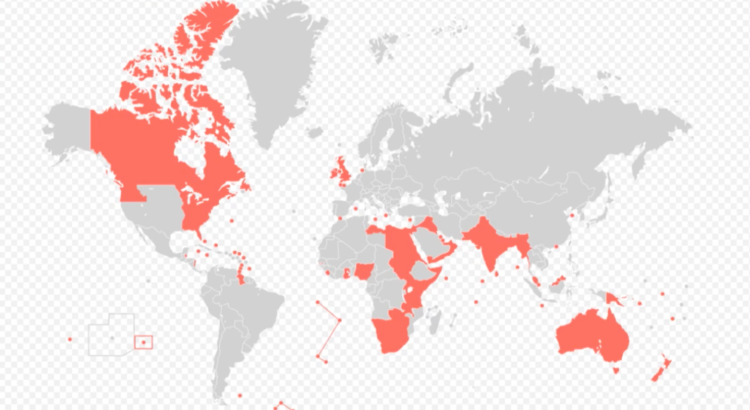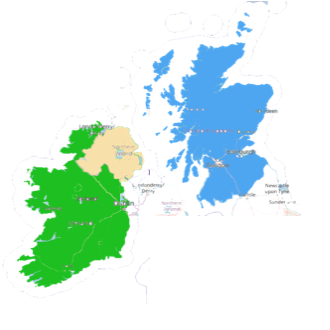We have a good relationship with the Scottish Independence Podcasts team.
During the Covid lockdown when we moved to online meetings and talks, we asked them to take on producing podcasts from our events.
If you scroll down through our blog posts on this website you’ll find lots of really good talks and discussions from Glasgow and Edinburgh Groups. Those podcasts are also available on Google, Apple, Podbean and wherever else you get your podcasts. And if we recorded a video then the video is up on their YouTube channel. In all our talks and discussions have had over 5,000 downloads on these podcast channels.
All of that is down to the Scottish IndyPod team. So we thought we’d write this to say thank you and tell you a bit more about them. First thing to say is that they recently published their 800th podcast. And have just passed 250,000 downloads overall. Dedicated is the word that comes to mind!
This is a recent chat they had with Laura Pollock of The National
.
You can sign up to their mail-list for advance notice of the podcasts. Click here.
Scottish Independence Podcast YouTube Channel
Although their main activity is creating audio podcasts, they have a YouTube channel called IndyPod Extra where they upload any video footage that they take. Recently they have been tackling the joys of outside recordings. If you go to the channel you’ll find footage from rallies in Skye (wet & windy), Ayr (windy & sunny) and most recently from Edinburgh (sunny and gorgeous). There is some great content and chats, eg two of their collaborators went to Loudoun in Ayrshire with the Saturday Saltire Group and our of that came a great chat about the Battle of Loudoun and Bruce’s victory of the Earl of Pembroke. Click on the image and you can tune into that one:

Scottish Independence Podcast Website
They publish a new podcast every Friday. It’s great being able to tune into their weekly podcasts. And as well as making sure those are available widely online, their website operates as a resource and archive. You can browse through the categories on the website. So say you’re interested in defence, you’ll find all the podcasts touching on that topic in one playlist. If you want to find out about ferries or freeports – cos let’s face it, Scottish ferries and freeports are touchy subjects in some quarters – then just click on their Infrastructure Category. Click on the image and have a look.

.






